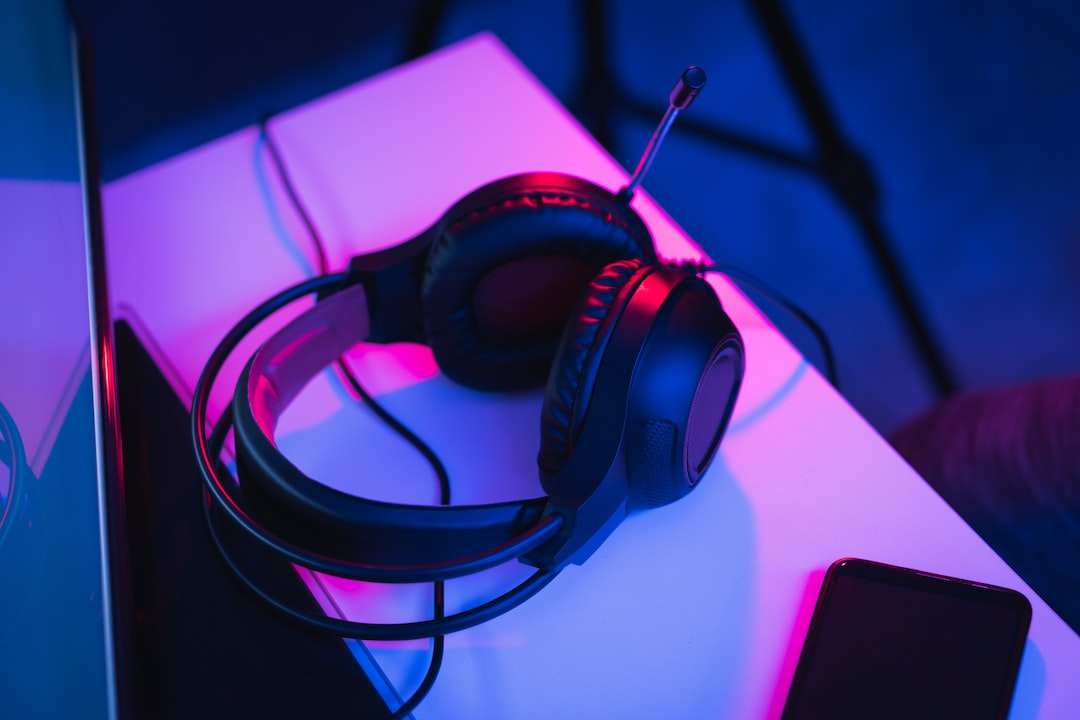The Psychology of Competitive Gaming: What Drives the Drive to Win?
Competitive gaming, also known as esports, has skyrocketed in popularity in recent years. Millions of viewers tune in to watch these professional players battle it out in games like League of Legends, Overwatch, and Counter-Strike: Global Offensive. But what drives these gamers to compete at such a high level? What psychological factors come into play when striving for victory in the virtual world? In this blog post, we will explore the psychology behind competitive gaming and understand what motivates players to push themselves to the limit.
One of the primary drivers in competitive gaming is the desire for mastery. Whether it’s achieving the highest rank in a game or being recognized as one of the best players in the world, gamers are motivated by the pursuit of excellence. This drive is rooted in the need for competence, a fundamental psychological need identified by self-determination theory. Gamers find fulfillment and satisfaction in honing their skills and seeing tangible progress over time.
The competitive nature of gaming also taps into our innate need for social recognition. As humans, we crave validation from others. Competitive gaming offers a platform where players can gain respect and recognition for their abilities. This recognition can come from fellow players, fans, or even sponsors in the form of endorsements. The validation received when winning competitions or receiving praise from others can be highly motivating and reinforce a player’s drive to succeed.
Another crucial factor in the psychology of competitive gaming is the thrill of competition itself. Many players thrive in high-pressure situations and are fueled by the adrenaline rush that comes with competing against skilled opponents. The challenge of outsmarting opponents, making split-second decisions, and executing strategies under intense stress can be addictive. This intense intensity creates an immersive experience that captures the attention and focus of gamers.
However, it is not only the thrill of winning that drives competitive gamers; the fear of failure also plays a significant role. Failure can be a powerful motivator, spurring players to improve and strive for success. The fear of letting themselves down, disappointing their teammates, or tarnishing their reputation can fuel intense dedication. This fear of failure can push gamers to practice relentlessly, analyze mistakes, and constantly seek improvement.
An interesting aspect of competitive gaming is the creation of a personal identity within the gaming community. Gamers often align themselves with specific teams or gaming organizations and become loyal supporters. This sense of belonging fosters a feeling of community and camaraderie among players. The personal identity built around gaming can further fuel motivation as players strive to follow in the footsteps of their idols or contribute to the success of their team.
The field of sports psychology also has a significant impact on competitive gaming. Concepts such as visualization techniques, goal setting, and maintaining focus are often utilized by professional gamers. Visualization, for example, involves mentally rehearsing scenarios and strategies to enhance performance. Goal setting provides players with a sense of direction and purpose, while maintaining focus helps them block out distractions during gameplay. These psychological strategies are utilized to enhance performance under pressure and optimize overall gameplay.
Furthermore, the psychology of competitive gaming extends beyond the individual player. Team dynamics and interpersonal relationships play a crucial role in a team’s success. Communication, trust, and cooperation are vital for effective teamwork. Players must navigate through conflicts, maximize synergy, and leverage each other’s strengths to achieve victory. The ability to work effectively as a team requires not only individual skill but also social and emotional intelligence.
In conclusion, the psychology behind competitive gaming encompasses various factors that drive players to strive for victory. The need for mastery, social recognition, the thrill of competition, and the fear of failure all contribute to the motivation of competitive gamers. The creation of personal identity within the gaming community and the utilization of sports psychology techniques further enhance performance. Ultimately, understanding these psychological drivers can help both players and esports organizations optimize their strategies and create an environment conducive to success in the world of competitive gaming.

